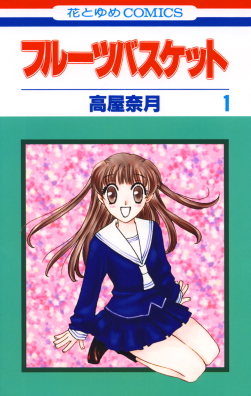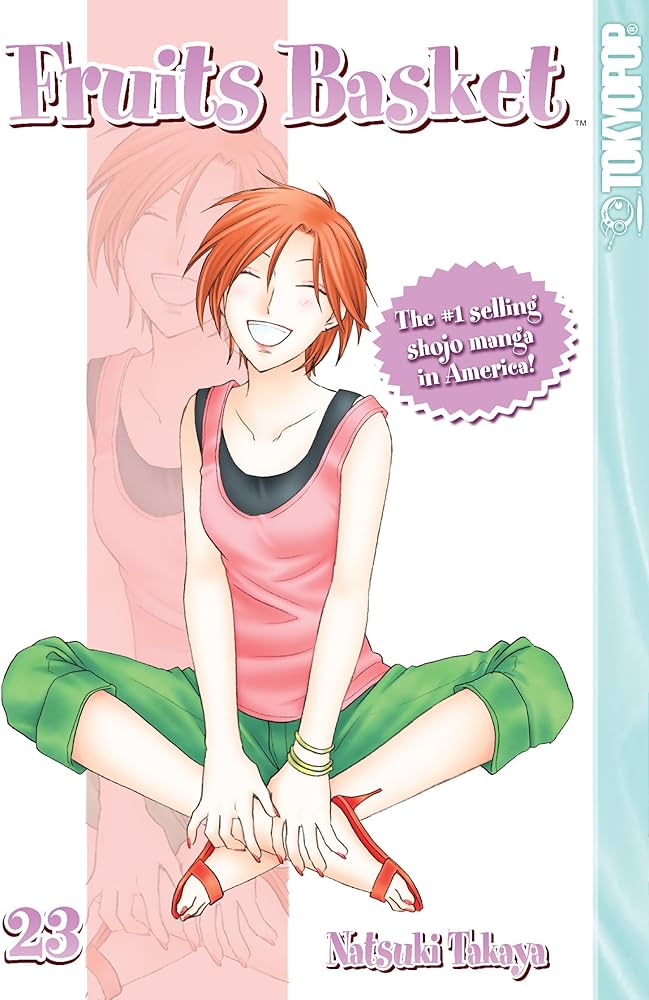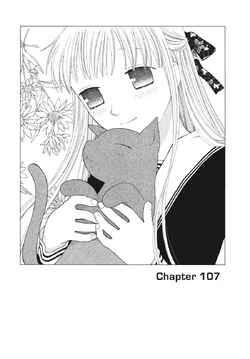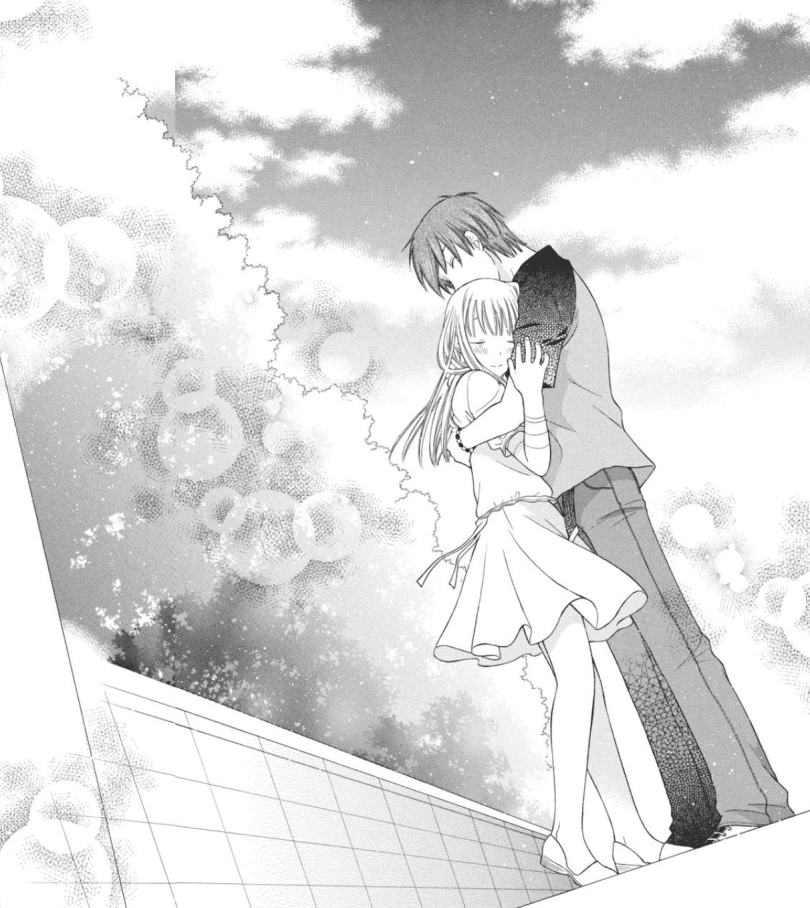
I discovered Fruits Basket in the books section of a Walmart in Oklahoma in about 2008. I'd never seen manga before; I think I maybe had heard of Naruto, but that would've been about it, and honestly I don't even remember that. I'd definitely discovered Nintendo Power by that time, so I'd seen occasional articles about JRPGs and stuff--i.e., the art style itself wasn't totally new to me, and obviously I, like, knew where Japan was. I was a fucking sushi fiend, even at that point in my life, and I'd had an elementary school art teacher go on a cultural exchange to Japan a few years prior and come back to teach us all about calligraphy and haikus, all in a very white-bread way and boiled down for our tiny caucasian minds. None of that actually came to mind when I was flipping through that volume of Furuba; I was more captivated by the plot, to be honest, instantly drawn into the idea of a curse and a mystery and people that turn into cute animals at inopportune, comedic moments.




